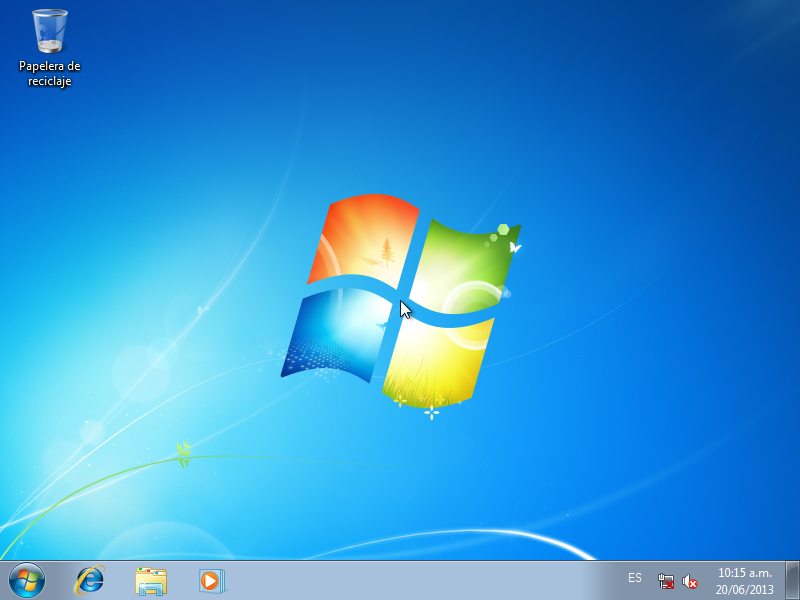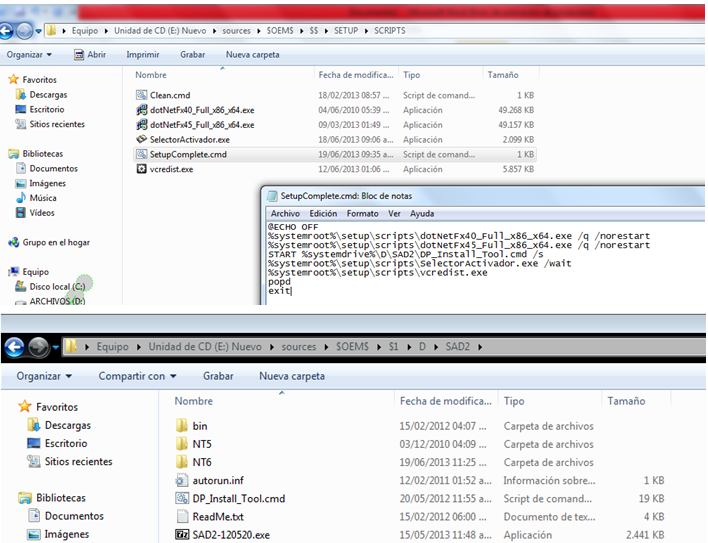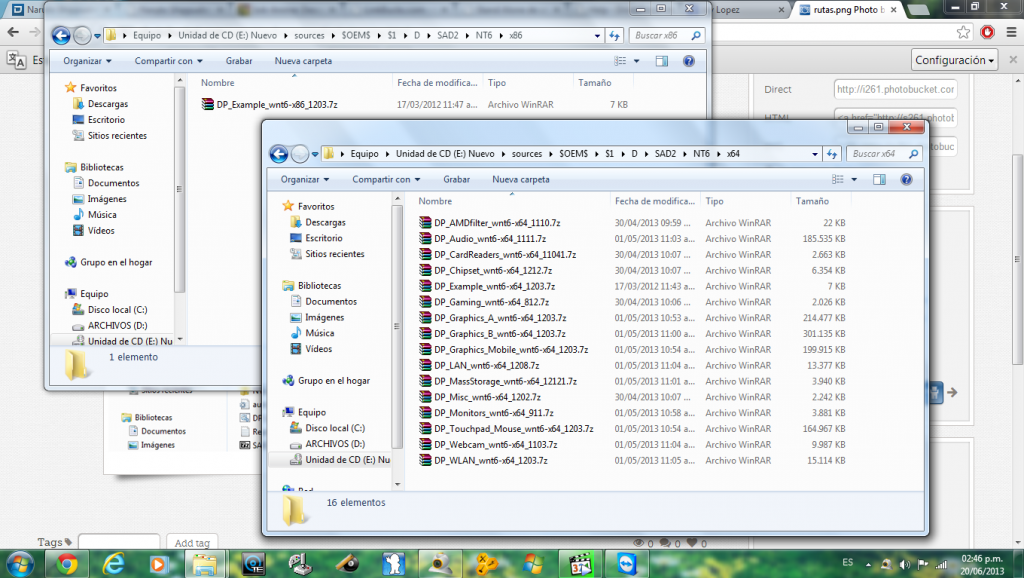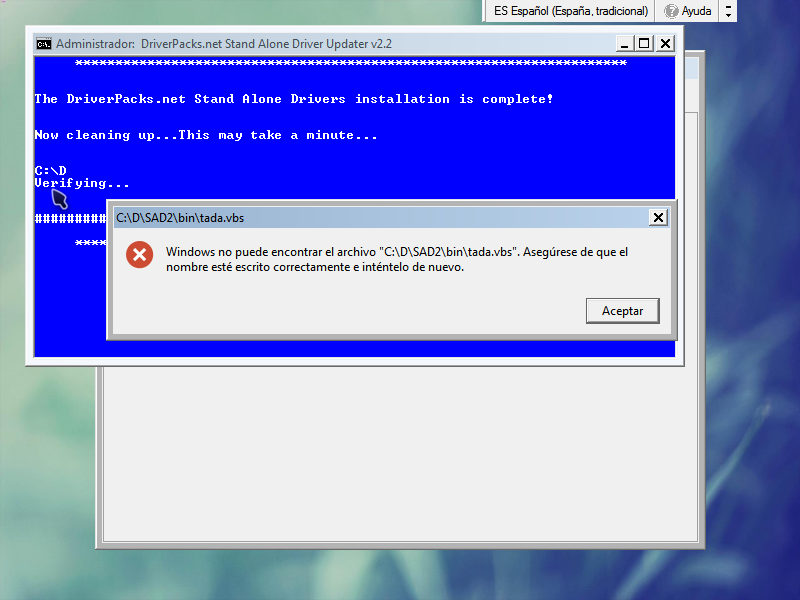Still running SAD3-130507 myself with as many/updated packages as I can (excluding AMDfilter until I hear how/when to apply it). Glad to see the autoroverwrite on extract, though kind of scary as then a mix of packages could overwrite each other with order determined just by extraction sequence. It would not be as necessary if extraction was not minimized.
Another issue is if a 'found new hardware' dialog gets/is opened; driver install will be paused until closed with the only indicator in the minimized window.
I had issues with downloaded 7z packages not starting with DP_ on their name; they were skipped entirely. The folder structure SAD3 uses of NTx instead of allowing the driver packs folders as used by driver packs base makes it a little harder to maintain one driver collection to be used by both.
The Touchpad driver questions at the end of install should only need to apply if touchpad drivers were present for install; I sometimes remove unnecessary packages if just trying to hit 1 or 2 missing drivers quickly.
When installing from a USB drive, I copy the entire directory to the desktop and then run it so I can eject my drive quickly. Can SAD3 continue correctly after the extract phase completes without the folder it originally ran from (if I ran from USB stick) or should that folder remain throughout the entire execution?
I overwrote the 7zip code with the 9.30 versions for performance gains with no problems noted. It would likely be more worth my time to just recompress driverpacks with better compression settings (or all packages as one) to get transfer and extraction times down due to less data to be read. Are there any suggestions or requirements on compression settings to be used in package creation?
I have had a synaptics touchpad driver as all I found installed on a system that should have had an alps(?) driver. Steps to decide and handle this correctly being better documented would be a very good thing if the detection is not going to be written after all.
Worst parts of driverpacks I've observed are both documentation and broken links.
Lack of SAD documentation leaves me asking: Why does someone want to delete drivers not applying to their OS (such as a win7 install)? Does it speed up the install phase, cause valid matching drivers to be missed, or help exclude drivers from being installed that would cause problems? It seems to still filter by architecture type and not include XP in the drivers right? Available switches do not seem to provide choices allowing control of specifically this. Other options have me wondering if I have understood them correctly.
Should reboot be recommended/required after running? Just running the tool has never prompted me for a reboot and just says the window is closing in 10 seconds. Why delay the close?
Any way to get a before/after installed driver listing to tell what changed or a status of how much was done?
Seems it would be quicker with so many drivers and so few devices to try to apply drivers based on present devices instead of present drivers, but at present this way has worked very well for me. If there is no way to do so without XP's bug of not searching when too many drivers are present then it seems better to stick to this approach. Maybe extract could look for and exclude irrelevant categories of packages entirely based on the system.
I have the HWID tool but still need to try to learn what is needed for missing/issue driver posts. Ran into one machine that bluescreened (and actually did so with intel's chipset driver INF_allOS_9.4.0.1017_PV.exe alone). Not sure if it was a driver issue or issue with the computer. Had an ati system using two cards (7990?) in crossfire that had trouble coming out of sleep among a few other things that was fixed with the 13-3 driver from their website (3 months newer driver date than what came with the cards); it would be nice to not have to carry graphics drivers separately for that fix and new card support but it is what it is. Had a few scattered missing drivers otherwise but will try to get correct details from now on.
Anyways thanks again for the great tool and to all those hard at work on the packages.





